Search
Search within
1447 results found
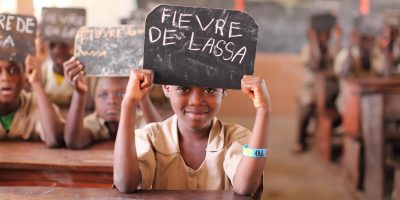
Policy document
Setting, measuring and monitoring targets for disaster risk reduction
In many regions, disaster risk is continuing to increase, mostly because greater numbers of vulnerable people and assets are located in exposed areas. It is vital to start reversing these trends. Over the next 18 months, there will be negotiation…
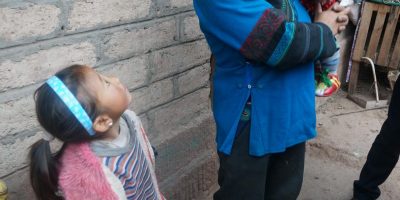
Background report
Early Response to the Emergence of Influenza A(H7N9) Virus in Humans in China: The Central Role of Prompt Information Sharing and Public Communication
In 2003, China’s handling of the early stages of the epidemic of severe acute respiratory syndrome (SARS) was heavily criticized and generally considered to be suboptimal. Following the SARS outbreak, China made huge investments to improve surveillance, emergency preparedness and…
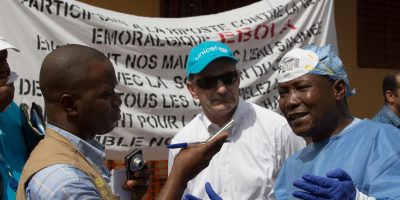
Briefing
Working with Communities in Gueckedou for Better Understanding of Ebola
International partners are supporting Gueckedou health authorities to implement response actions. Médecins Sans Frontières has established a treatment centre and ensures the transport of suspected cases.
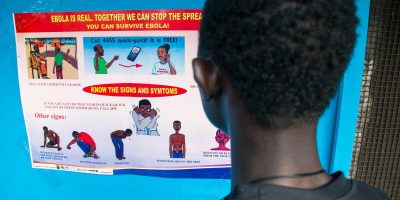
Briefing
Ebola in a Stew of Fear
Modern medicine owes a debt to West Africans for past sacrifices made in the advancement of global health. The announcement by President Barack Obama of a U.S. commitment to build 17 Ebola treatment centers in Liberia, train medical workers, provide testing kits, and offer logistic support is a welcome…
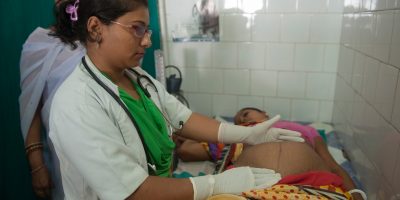
Briefing
Is the Health System Response Out of Sync with the Demands of the Islanders in the Indian Sundarbans?
Five years ago, a mid-summer nightmare named Aila crashed on the Sundarbans with murderous fury and wreaked destruction beyond repair. On May 25, 2009 the tropical cyclone hit the Sundarbans in India and Bangladesh with a wind speed of 110…
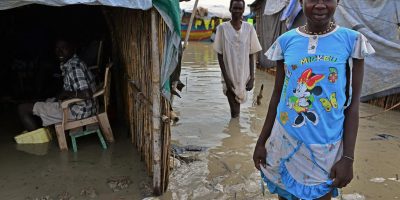
Briefing
Sexual Health Gets Little Attention in a Crisis, with Devastating Results
About 125 million people are affected by crises. A quarter of those people are female and of reproductive age – and women are 14 times more likely than men to die in a crisis.
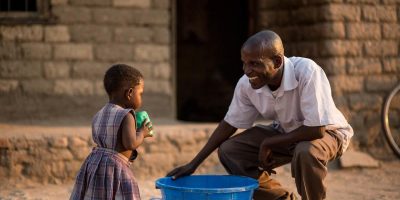
Background report
Human Health Impacts in a Changing South African Climate
Climate change is projected to lead to warmer temperatures, especially in southern Africa, where the warming is predicted to be 2°C higher than the global increase. Given the high burden of disease already associated with environmental factors in this region,…
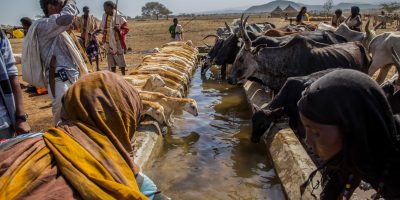
Background report
Recent Outbreaks of Rift Valley Fever in East Africa and the Middle East
Rift Valley fever (RVF) is an important neglected, emerging, mosquito-borne disease with severe negative impact on human and animal health. Mosquitoes in the Aedes genus have been considered as the reservoir, as well as vectors, since their transovarially infected eggs…
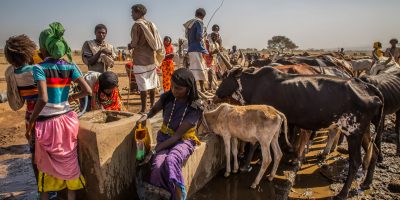
Background report
Perceived Risk Factors and Risk Pathways of Rift Valley Fever in Cattle in Ijara District, Kenya
Ijara district in Kenya was one of the hotspots of Rift Valley fever (RVF) during the 2006/2007 outbreak, which led to human and animal deaths causing major economic losses. The main constraint for the control and prevention of RVF is…
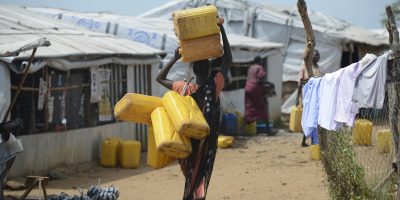
Background report
Refugee Health and Wellbeing: Differences between Urban and Camp-Based Environments in Sub-Saharan Africa
Refugees are increasingly migrating to urban areas, but little research has been conducted to compare health and wellbeing outcomes of urban refugees with those based in camps. This analytic cross-sectional study investigated differences in health-related quality of life (QoL) for…
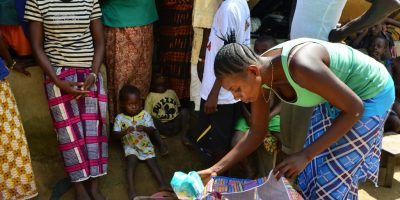
Briefing
Understanding the Economic Effects of the 2014 Ebola Outbreak in West Africa
Since March 2014, over 3,000 people have died from the relentless spread of the Ebola virus throughout the West African countries of Guinea, Sierra Leone, Liberia and Nigeria. Despite the heroic efforts of the humanitarian and medical professionals in these countries, crumbling public health…
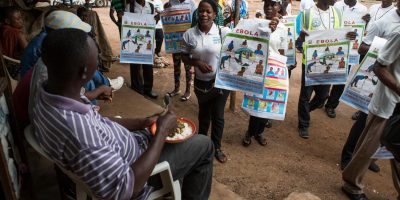
Briefing
Ten Things that Anthropologists Can Do to Fight the West African Ebola Epidemic
In this article, I share a 10-point list of actions that anthropologists could take, right now, to improve the global response to the West African Ebola outbreak. Take notice, global health and national and international biosecurity communities. There exists an…


